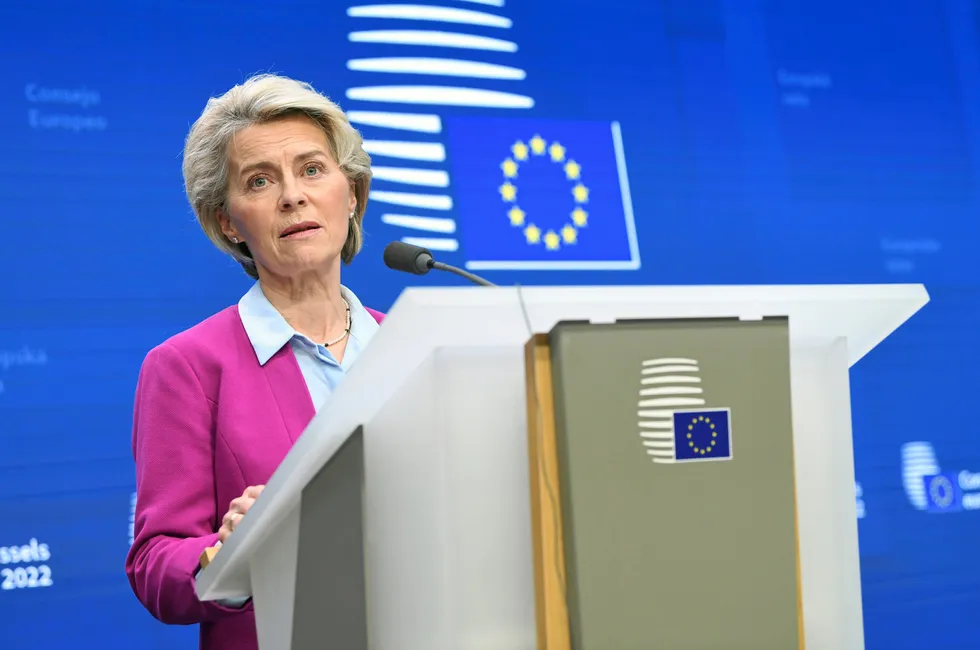European hydrogen electrolyser makers call upon EU to introduce 'Made in Europe' requirements to protect them against cheaper Chinese imports
European taxpayer money is already going to foreign manufacturers, companies including Nel, Thyssenkrupp, McPhy and Topsoe complain in open letter to EU president Ursula von der Leyen
